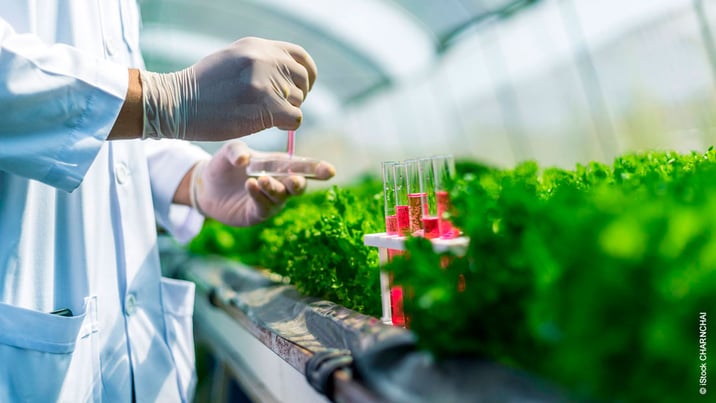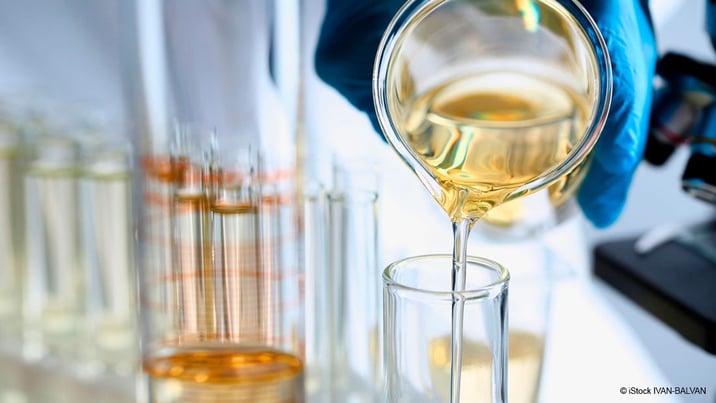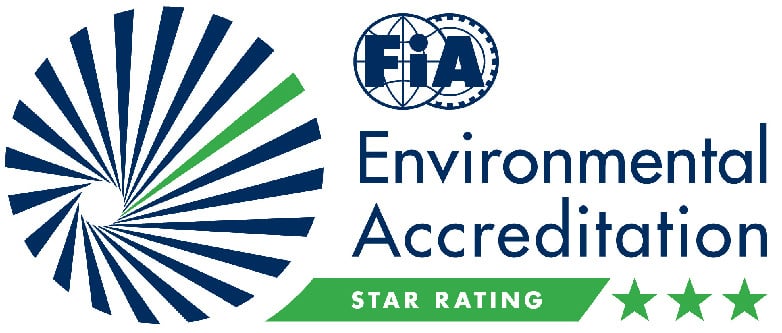
Agrochemicals: Key benefits of low-naphthalene aromatic solvents
In the agrochemical industry, the choice of solvents plays a crucial role not only in product performance but also in safety, environmental impact, and regulatory compliance. Low-naphthalene aromatic solvents are increasingly favored by manufacturers for their better environmental profile, reduced toxicity and ability to meet strict regulations. In this article, we will explore the key benefits of these solvents and why they are becoming essential in modern agrochemical formulations.

Haltermann Carless labs ensure the quality of aromatic solvents 4-fold
Aromatic solvents are frequently used in the formulation of agrochemical products. They must be safe, easy to handle, effective, cost-efficient and environmentally sound. The quality of aromatic solvents is therefore a key criterion for manufacturers when choosing the right supplier. You can read about the contribution of our laboratories to the quality assurance of aromatics in this article.

Advantages of aromatic solvents for agrochemicals
High purity and tailor-made solvents are crucial for the agrochemical industry. Aromatic solvents must meet the highest standards and guarantee quality in agrochemical applications enabling high crop yields while at the same time offering the highest possible protection of the environment. Haltermann Carless provides an optimised portfolio for the industry and, in addition, a wide range of services.

Caromax® for agrochemicals: Crop protection with aromatic solvents
In times of crisis, basic human needs become more important. Climate change, war, supply chain issues and land scarcity all negatively contribute to the world's food supply. These all make it all the more important to protect crop yields. Haltermann Carless has long been committed to developing aromatic solvents for crop protection. Learn more about the proven Caromax® portfolio.

Fuel additive production - 5 key characteristics of solvents
In the engine industry, market requirements are changing rapidly: one key driver is performance optimisation, which is particularly noticeable in the fuel additive industry. After all, fuel additives play a major role in ensuring that modern engines can develop their full potential. In the production of a high-quality additive formulation, solvents play an essential role. They are used as a carrier fluid and thus also contribute to improved environmental compatibility of engines. Read here which solvent properties are decisive and what else you should expect from your solvent supplier.

Aromatic solvents for fuel additives: Strong partners wanted!
Fuel additives are an integral part of gasoline and diesel formulations as they are responsible for optimising fuel properties and improving engine performance. To achieve this, a balanced additive formulation and high-quality aromatic solvents are needed as carrier fluids. Close cooperation between you and the solvent manufacturer is crucial for the development of safe and high quality products. In this article we have summarised what you should pay attention to when choosing your partner.

A sustainable agriculture: The advantages of Caromax®
The agricultural industry has always been committed to modern product solutions that increase the quality of harvests to feed our growing global population and offer the best environmental compatibility. With its heavy aromatic solvents, Haltermann Carless makes an important contribution to safeguarding the environment and people alike.

Criteria for the selection of heavy aromatics in the agricultural industry
There are numerous quality requirements for the use of aromatic hydrocarbons in agrochemicals. In addition to quality, certain physical and chemical properties and certification guarantees play an important role. The following article provides an overview of selection criteria for heavy aromatic solvents in the agricultural industry and what else you should look out for when choosing a supplier.
Latest Blog Posts
Topics
- Aerospace (7)
- Agrochemicals (7)
- Aromatic Solvents (8)
- Automotive Industry (4)
- Base Oil (3)
- Construction (19)
- Digitalisation (3)
- Extender Oil (3)
- Food Industry (3)
- Fuels (6)
- Insulation (17)
- Middle Distillates (16)
- Paints, Coatings & Adhesives (5)
- Pentanes (29)
- Pharmaceutical Industry (11)
- Racing Fuels (2)
- Refrigerator Industry and Cooling Logistics (4)
- Silicone Sealants (1)
- Sites & Production (7)
- Solvents (16)
- Supply Chain (11)
- Sustainability (31)
- Sustainable Aviation Fuel (SAF) (9)
- Water Treatment (3)


















